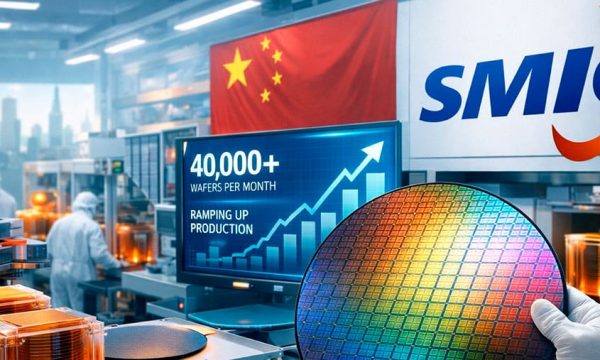Haro Sly, máster online
Por primera vez en universidades chinas, las defensas de tesis de posgrado son online por la pandemia y la argentina María José Haro Sly estuvo en ese primer lote. Aprobó desde Tucumán, donde está ahora, su tesis de maestría en la Universidad de Renmin.
El Máster que había cursado allá fue en Ciencia Política y abarcó Estudios de China Contemporánea. El título del trabajo aprobado fue Science and Tchnology Policy for Indigenous Innovation in China: The case of the Suzhou Industrial Park.
La ahora magister (en la foto de la pantalla, arriba a la izquierda) agradeció el apoyo de sus profesores chinos, su familia y amigos, al gobierno de Tucumán (donde coordina a el área de relaciones internacionales) y a su titular Juan Manzur y al ahora secretario de Relaciones Económicas Internacionales de la Nación y ex funcionario del gobierno tucumano, Jorge Neme, “por apostar en funcionarixs jóvenes y en la capacitación para este mundo tan complejo y lleno de desafíos”.
Contó a DangDai que la plataforma usada por la Universidad de Renmin fue Tencent Meeting, VooV en Occidente.
El abstract de su trabajo dice lo siguiente:
In recent years, the People’s Republic of China has made remarkable progress in science and technology. The Chinese industry is competing for leadership in cutting-edge technologies such as 5G, robotics, artificial intelligence, aerospace, and green energy. This article aims to analyze: How has China succeeded in the development of technological capabilities? What role do industrial parks, especially Suzhou Industrial Park, play in upgrading technology to encourage independent innovation and economic development?
To answer these questions, this research analyzes China’s most important scientific and technological reforms and policies. These policies are tools for building independent innovation and development, they will be analyzed under the theoretical framework of the national innovation system.
The data in the article shows that science and technology policies had a relevant impact on China’s economic and technological development. To verify this conclusion, this document compares economic and scientific-technological indicators of China with the main high-tech producing countries (United States, Germany, Japan, and Singapore). In addition to macro analysis, this research develops a case study of the Suzhou Industrial Park (SIP), one of the most successful examples of Chinese science and technology parks.
This case helps to analyze how these policies have been implemented and have managed to promote innovation in the local context. In addition, the SIP has developed an international collaboration platform, which is linked to the “Belt and Road Initiative” (BRI), the platform aims to train BRI-countries in the construction of technology parks and development zones.
This article highlights that: China’s experience clearly shows that the “visible hand” of the State plays a very important role in economic development and technological catch-up. Among the State guiding modes can be specified: national planning, investment, coordination, education, research reform, market orientation, international cooperation, regional management, and policies that promote foreign investment. All of them are implemented from a strategy linking the national objectives with the local ones, this is done from a top down perspective. As an important aspect of economic and social development, China’s experience in promoting indigenous innovation in science and technology provides a relevant example for developing countries. The key of the research lies in understanding: how China formulates and implements science and technology policies, how China has cooperated with Singapore in the transfer of hardware and software, and how the Suzhou Industrial Park has been successful in improving and integrating this knowledge.
The “Belt an d Road Initiative” emerges as China’s international development platform for the world. Within the BRI framework, the importance of science, technology and innovation were emphasized, in this sense, the international cooperation of the SIP with the technology parks throughout the BRI-countries provides relevant information to deepen collaboration in this field and could contribute to closing the technological gap in developing countries







PUBLICAR COMENTARIOS